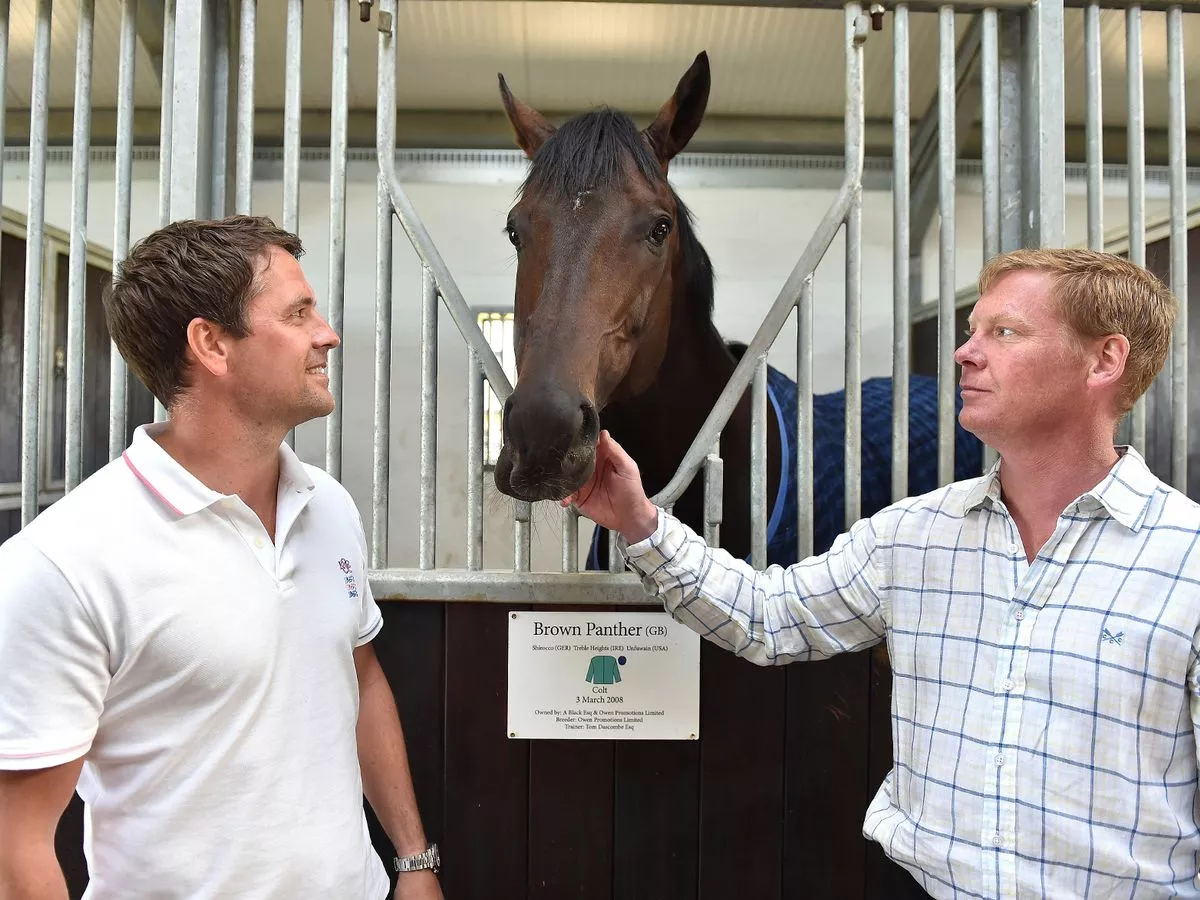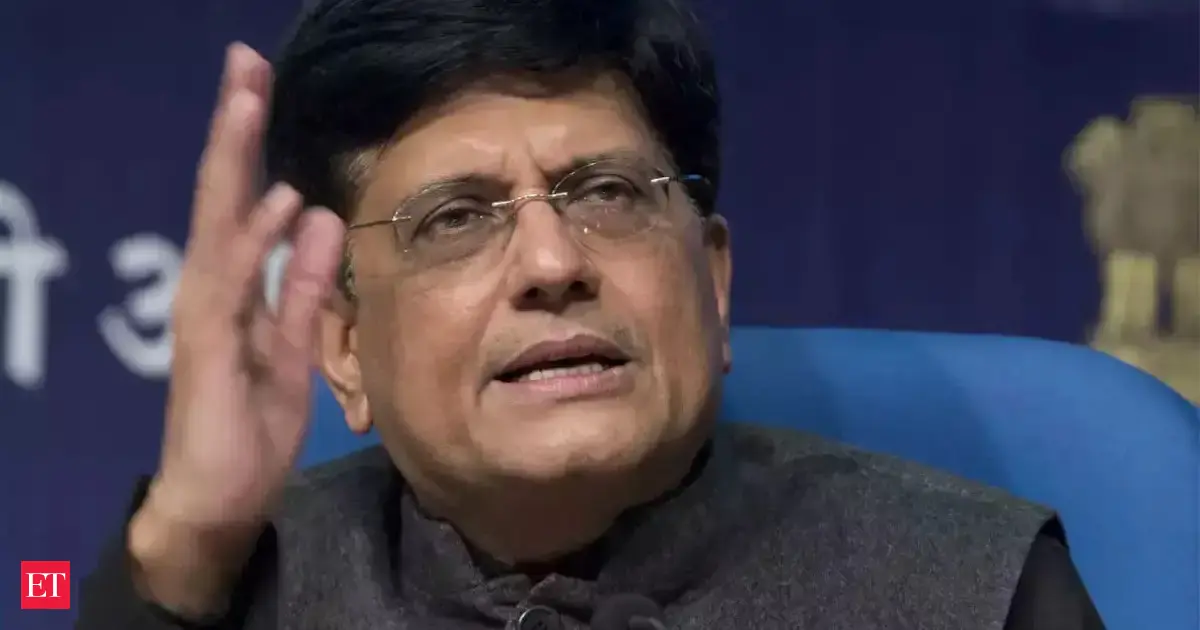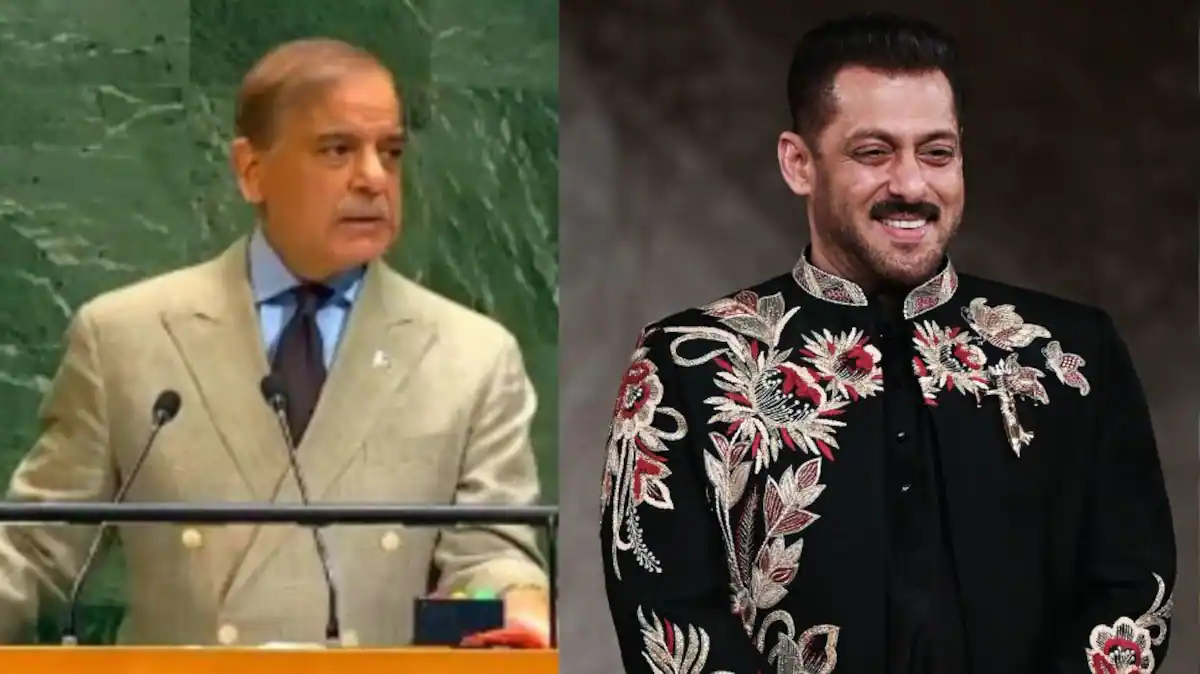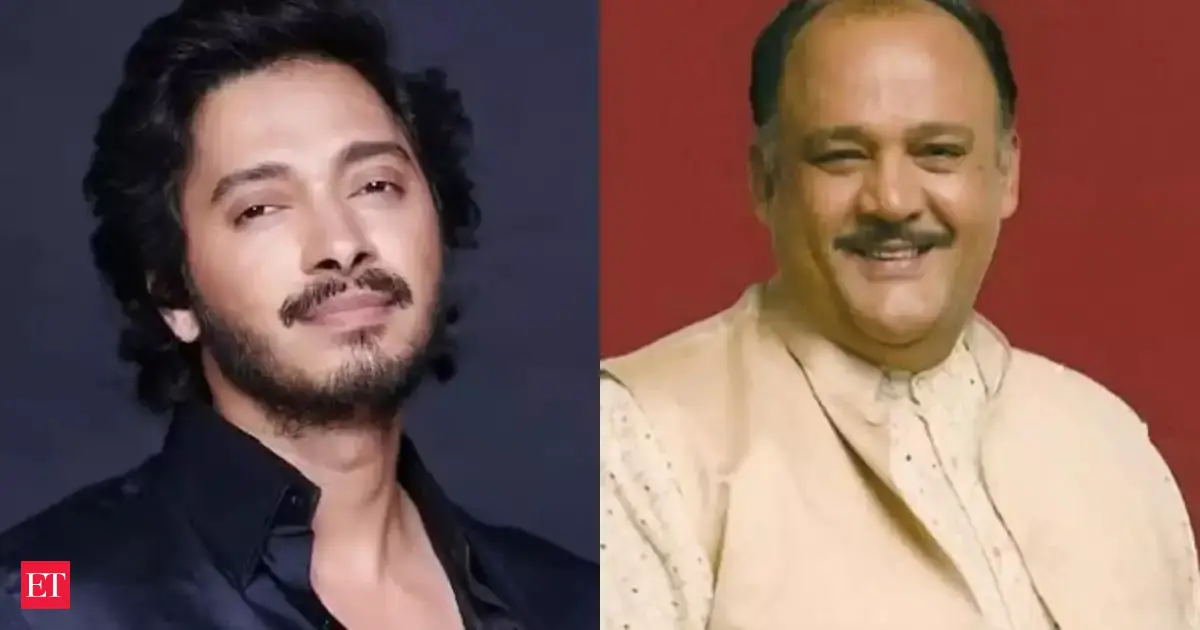Copyright mirror

Football icon Michael Owen and music legend Sir Andrew Lloyd Webber are among a host of stars who have written to the Treasury urging that any proposed rise in betting tax be axed - despite those in favour wanting the extra cash to help fight child poverty. They claim any increase would devastate the horse racing industry and put thousands of jobs at risk. But many want the higher tax to be imposed, with ex Prime Minister Gordon Brown recently calling for an increase to help stop child poverty. He said it could raise £3.2billion to lift 500,000 children out of poverty. Speaking to us exclusively in August, Mr Brown said deep poverty was blighting the lives of Britain’s youngsters and warned some five million children will grow up “ill-fed, poorly clothed and badly housed” by the end of the decade. Mr Brown threw his weight behind proposals from the IPPR thinktank to slap targeted tax hikes on highly profitable parts of the industry - such as online casinos and slot machines. More than 360 industry heavyweights have come together to express their concerns in an open letter. Owen, one-time Ballon d'Or winner and former Liverpool striker, now owns a racing club in Cheshire. He said: “I am concerned that current proposals on gambling tax harmonisation risk causing significant damage to a great British sport, and the impacts of that will be felt by businesses across Britain and the people they employ. “It’s why I’m calling on the Government to change course. I have been a passionate supporter of British racing for many years. The sport and the horses have provided me and my family with a lot of joy and I take great pride in the team of people that work for our business." Five-time champion jockey Oisin Murphy said: “My fellow jockeys and I are deeply concerned that gambling tax harmonisation, if enacted, will not only impact on the fixture list as money coming into the sport reduces, but will also make British racing a less attractive proposition for racehorse owners, who we are so reliant on for our incomes. “I have added my name to the letter, and very much hope the Treasury listens to our concerns. The vast majority of jockeys are self-employed, and the opportunities available to us are dependent on having regular race meetings and a healthy horse population for those opportunities to be shared around the weighing room.” Top trainer Paul Nicholls said: “The sport is more vulnerable than people will believe, and I would urge Treasury to consider the unintended consequences of potential gambling tax rises very carefully." The letter urges Rachel Reeves to rethink proposals to merge betting and gaming taxes into a single Remote Betting and Gaming Duty. The reform would replace the 15 per cent duty on online racing bets with a harmonised rate in line with casino and slot games, which are currently taxed at 21 per cent. Last week betting giant Betfred said it could be forced to close 1,272 shops, putting 7,500 jobs at risk if the tax is increased. Owner Fred Done said: “I think this is the biggest threat I have known since I've been in the industry," he said. "On a 1-10 scale it's a ten, all the alarm bells are ringing here." But earlier this year Mr Brown wrote in the Mirror that the gambling industry should face higher taxes. He said: “Taxing it properly might just get them properly nourished. Decent clothes. A warm bed. And the full stomachs that let them fill their brains in school. “Taxing the betting industry to support our children won't be a gamble. It will be an investment in their future. One where everyone wins.” A Treasury spokesman said the tax hike would only apply to remote gambling, stating: "We know horse racing is part of the cultural fabric of the country, that's why it's the only sector that benefits from a government-mandated levy whilst betting at the races gets a 100 per cent tax break which we have no plans to change. "The chancellor has been clear that at budget she will strike the right balance between making sure that we have enough money to fund our public services, whilst also ensuring that we can bring growth and investment to businesses in rural communities."



